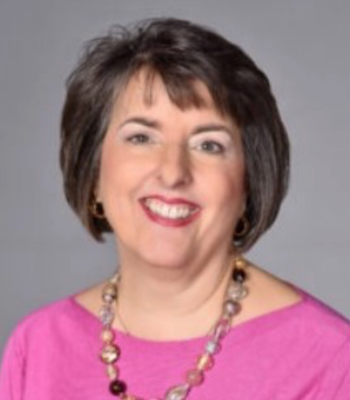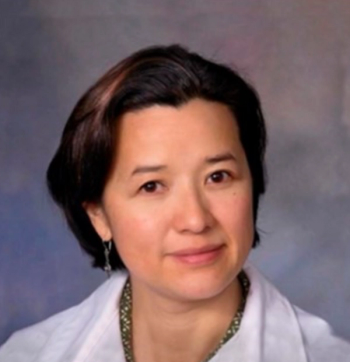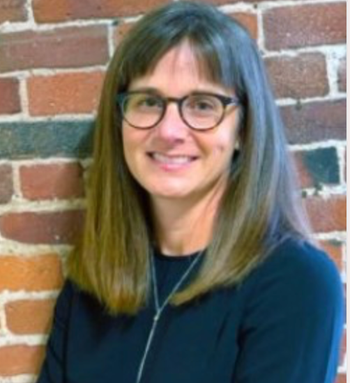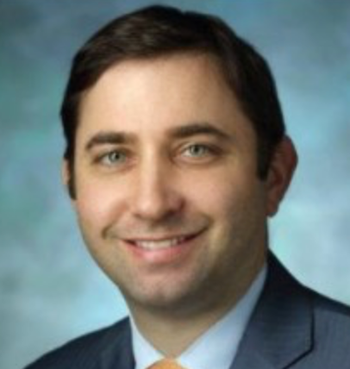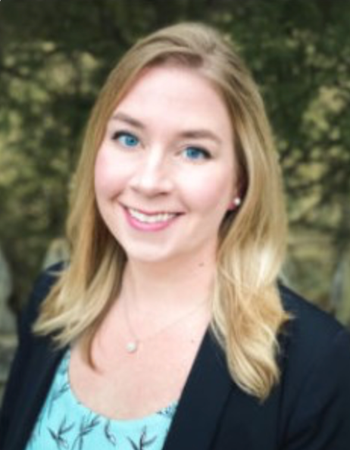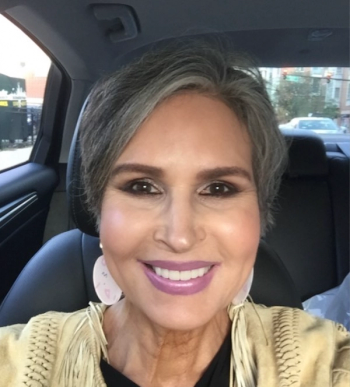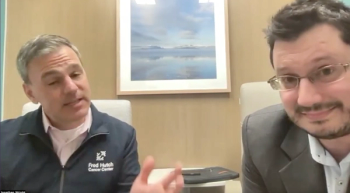
Getting second opinions is highly encouraged for patients recently diagnosed with bladder cancer because “it’s not one size fits all,” experts told CURE®.

Getting second opinions is highly encouraged for patients recently diagnosed with bladder cancer because “it’s not one size fits all,” experts told CURE®.

Prescribing newly FDA-approved drugs may take a long time before patients can start taking them, so experts told CURE® why.

Bladder cancer survivors face a bevy of challenges post-treatment, but an immediately available service strives to ease the burden.
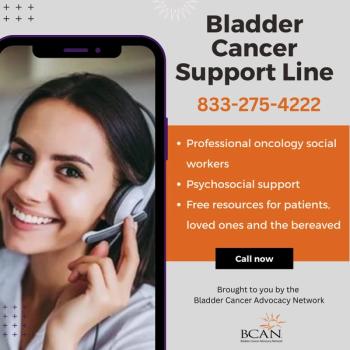

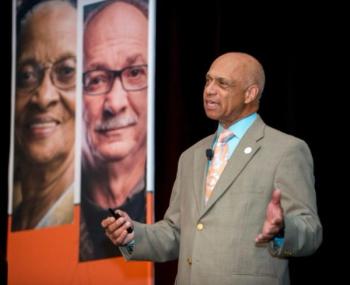
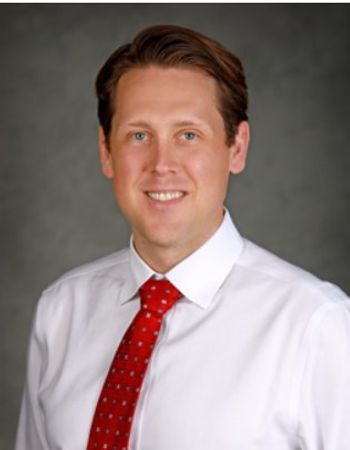
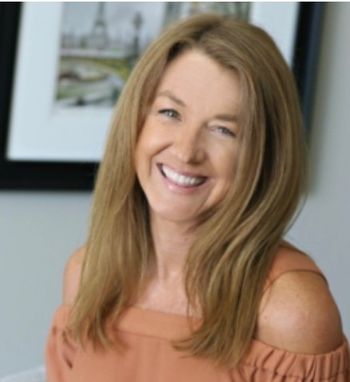
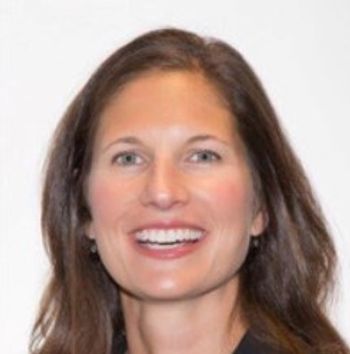
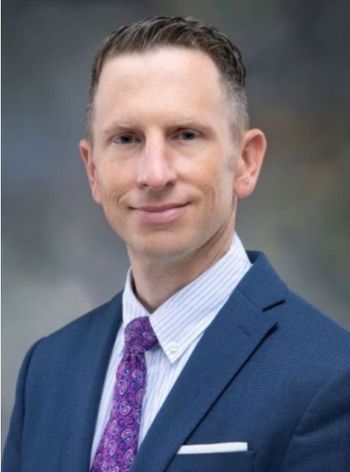

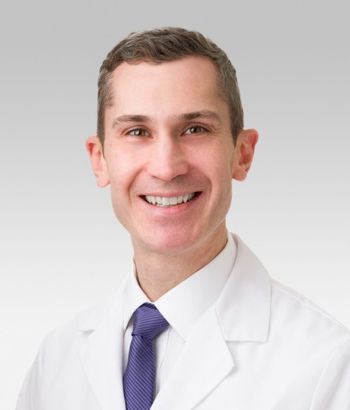
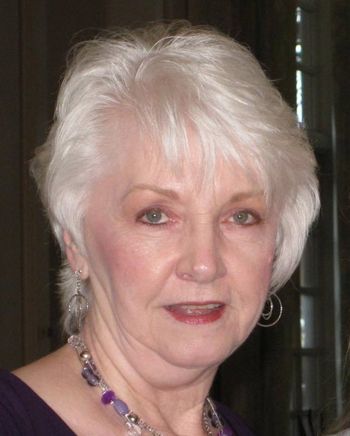
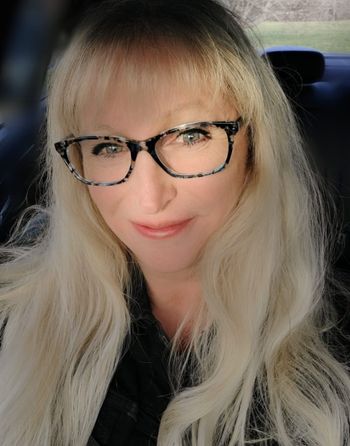

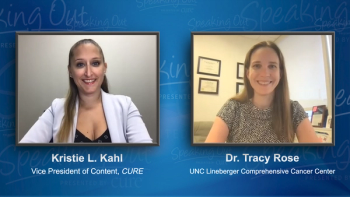
As part of its “Speaking Out” video series, CURE spoke with Dr. Tracy L. Rose, on behalf of the Bladder Cancer Advocacy Network, about support available for patients and caregivers following a bladder cancer diagnosis.
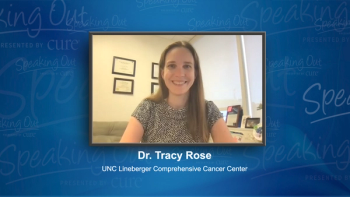
As part of its “Speaking Out” video series, CURE spoke with Dr. Tracy L. Rose, on behalf of the Bladder Cancer Advocacy Network, about the role of the caregiver in bladder cancer and how they can also seek support to aid them.

As part of its “Speaking Out” video series, CURE spoke with Dr. Tracy L. Rose, on behalf of the Bladder Cancer Advocacy Network, about how patients can find clinical trials they may be eligible for.

As part of its “Speaking Out” video series, CURE spoke with Dr. Tracy L. Rose, on behalf of the Bladder Cancer Advocacy Network, about letting physicians know about patient preferences to improve communication and select the right treatment option.
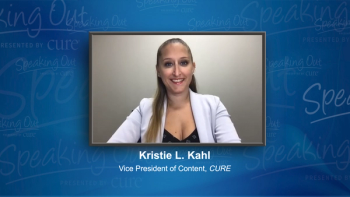
As part of its “Speaking Out” video series, CURE spoke with Dr. Tracy L. Rose, on behalf of the Bladder Cancer Advocacy Network, about how currently available agents are being investigated in combination with one another.

Backed by her personal cancer experience, an oncology nurse became a volunteer with the Bladder Cancer Advocacy Network.

